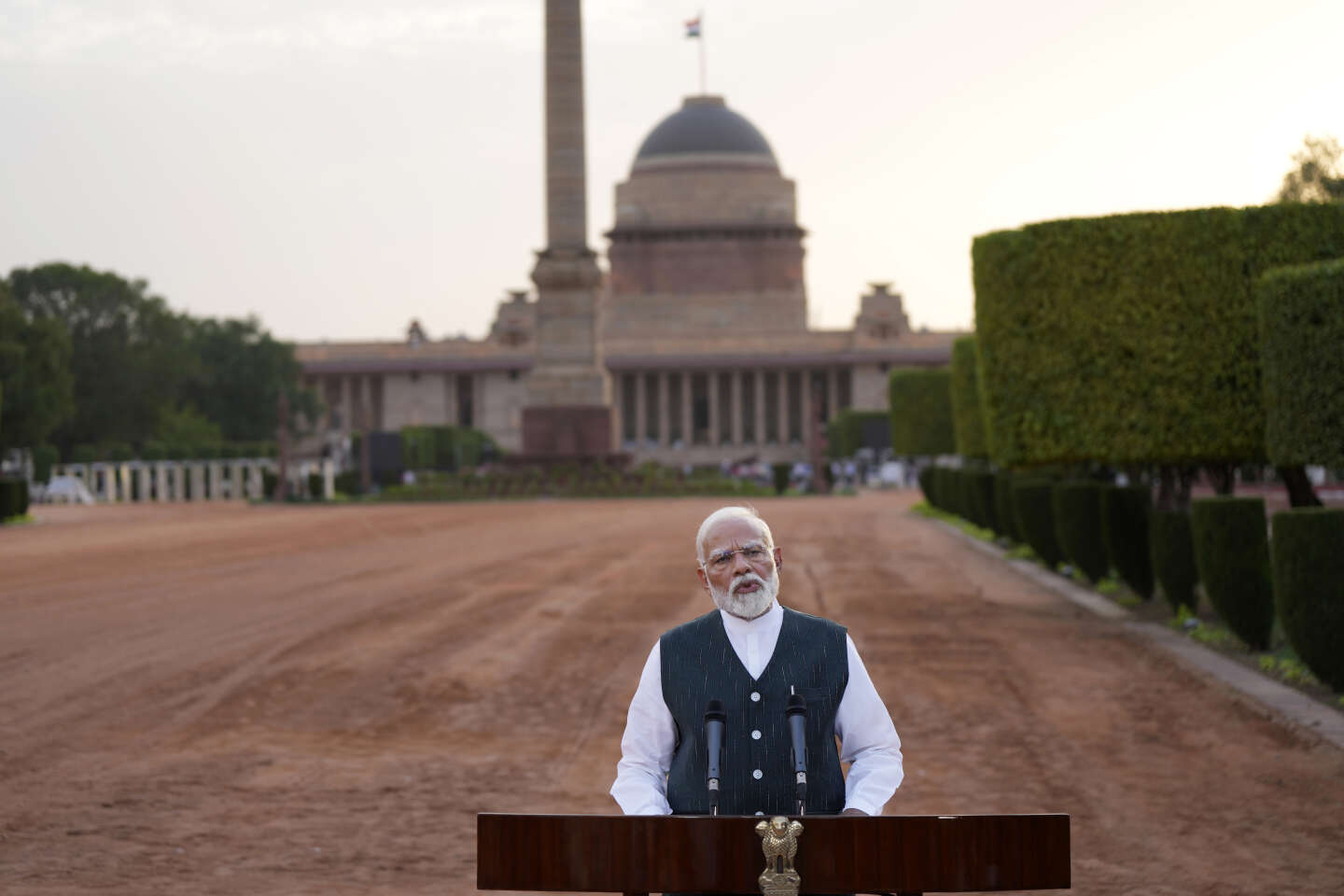
“In India, the revolution of the lower castes is taking place.”
HIn India, Narendra Modi's Indian People's Party (BJP) lost the legislative elections. He lacked a large number of seats, thirty-two seats to be exact, to obtain a majority. Now the BJP must resolve to form a coalition government with its former adversaries, the regional parties fighting against the caste system. Hence, Modi will no longer be free to suppress equality activists in universities and villages, and will no longer be able to use national institutions to terrorize Sikhs, Christians and Muslims. As for justice and the media – which have so far shown only a small amount of opposition – they will be able to accomplish their mission under easier circumstances.
There are very strong egalitarian social and political currents in India today. Some time before the election, the Indian National Congress championed these trends, which led to the downfall of Modi and the BJP – and the Indian and international media showed little interest in this aspect of the election. The stark proof of the power of this wave of equality is that the BJP lost Faizabad constituency, the Mughal city where the historic Babri Mosque, built in the 16th century, is located.H a century [symbole de la domination musulmane aux yeux des nationalistes hindous].
There, in Faizabad, several decades ago, Modi began his political career. He was among the main organizers of the movement to destroy the mosque and build a temple to Ram, the god-king who upheld the caste system. On December 6, 1992, the Rashtriya Swayamsevak Sangh, an upper-caste Hindu paramilitary organization – close to the Bharatiya Janata Party – and several of its affiliates, demolished the Faizabad building and carried out anti-Muslim massacres, killing thousands of people. Victims all over India. Decades later, on January 22, Modi finally inaugurated the Ram Temple [symbole de la domination hindoue dans cette République officiellement laïque]. Thus, Modi and the upper-caste media, both left and right, announced that he had indeed won the elections, which led to the normalization of this huge crime whose architects go unpunished.
A symbolic loss
However, after focusing its entire campaign on the Ram temple issue and Islamophobia, the BJP lost the Faizabad constituency, of immense symbolic and historical importance, to Awadh Prasad. Prasad, a veteran of the Dalit, belongs to the Socialist Party of India (SP, for the Samajwadi Party), which fights for greater social justice. The transfer of this electoral district into the hands of the untouchable is an undeniable historical matter.
You have 60.8% of this article to read. The rest is reserved for subscribers.

“Unapologetic pop culture trailblazer. Freelance troublemaker. Food guru. Alcohol fanatic. Gamer. Explorer. Thinker.”
